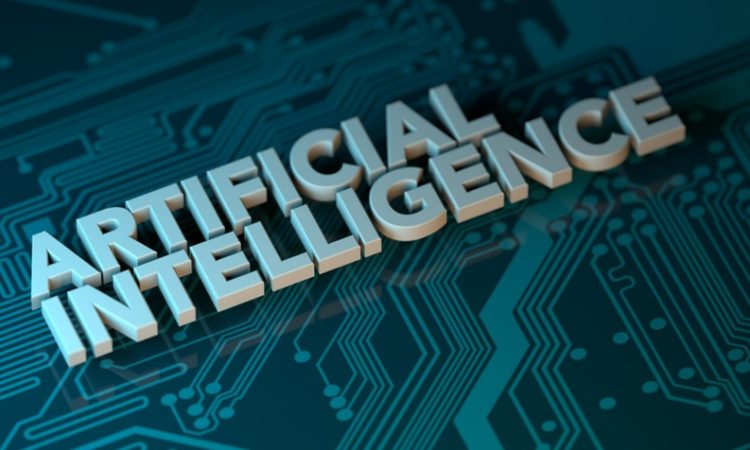
Artificial intelligence (AI) is revolutionizing healthcare systems around the world in numerous ways. It has become an essential tool for optimizing healthcare workflow management and improving patient outcomes. AI technology can analyze vast amounts of data and make predictions, which helps healthcare professionals to make better decisions and provide more efficient care. In this article, we will explore the role of AI in healthcare workflows and its potential impact on the industry.
Understanding Healthcare Workflows
Before diving into the specifics of how AI can optimize healthcare workflows, it is essential to understand what a workflow is and how it functions in the context of healthcare. A workflow is a series of tasks that need to be completed to achieve a specific goal or outcome. In healthcare, these tasks involve various activities such as patient registration, diagnosis, treatment planning, medication administration, follow-up appointments, and more. The efficiency and effectiveness of these processes significantly impact overall patient care.
Traditionally, healthcare workflows have been managed manually by human workers. This method has several limitations as it is time-consuming, prone to errors, and lacks the ability to analyze large amounts of data. Therefore, incorporating ways to improve healthcare workflow can help make processes more efficient and effective.
How AI Optimizes Healthcare Workflows?
AI technology can significantly improve healthcare workflows by automating routine tasks, analyzing data to make predictions, and providing valuable insights for decision-making. Let’s explore these benefits in detail below:
1. Automation of Routine Tasks
As mentioned earlier, traditional healthcare workflows are managed manually, which can be tedious and time-consuming for healthcare professionals. By implementing AI-based systems, routine tasks such as patient registration, scheduling appointments, and data entry can be automated. This frees up valuable time for healthcare workers to focus on more critical tasks that require human intervention.
2. Predictive Analysis
One of the most significant advantages of using AI in healthcare workflows is its ability to analyze vast amounts of data and make predictions. This predictive analysis can help healthcare professionals anticipate potential issues, such as patient readmissions or complications, and take preventive measures. It also enables better resource management by predicting patient volumes and optimizing staff schedules.
3. Decision-Making Support
AI technology can provide valuable insights for decision-making in healthcare workflows. By analyzing data from various sources, AI systems can identify patterns and trends that may not be apparent to human workers. These insights can help healthcare professionals make more informed decisions about treatment plans, resource allocations, and overall workflow management.
Potential Impact on the Healthcare Industry
The integration of AI into healthcare workflows has the potential to transform the industry in several ways:
- Improved Efficiency: By automating routine tasks and optimizing processes, AI can significantly improve the efficiency of healthcare workflows. This translates into better patient outcomes and reduced costs for healthcare organizations.
- Better Patient Care: With predictive analysis and decision-making support, healthcare professionals can provide more personalized care to patients. They can also identify potential issues before they escalate, leading to better overall patient health.
- Enhanced Workflow Management: AI technology allows for real-time monitoring and optimization of workflows, ensuring that every step is completed efficiently and on time. It also enables continuous improvement by identifying areas for further optimization.
Conclusion
AI technology has the potential to revolutionize healthcare workflows and improve patient outcomes significantly. By automating routine tasks, providing predictive analysis and decision-making support, AI can optimize processes, leading to better efficiency, patient care, and overall workflow management. As the adoption of AI in healthcare continues to grow, we can reap the top benefits of workflow management and unlock its full potential to transform the industry. So, it is essential for healthcare organizations to embrace AI technology and leverage its power to optimize their workflows and provide the best possible care to patients.

